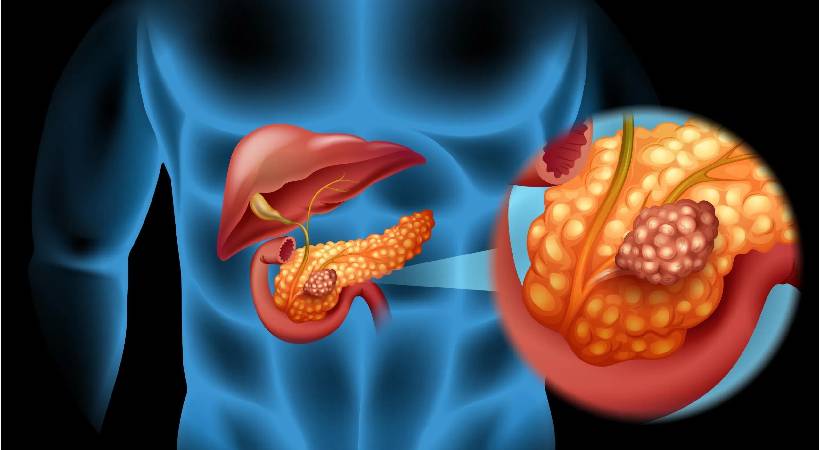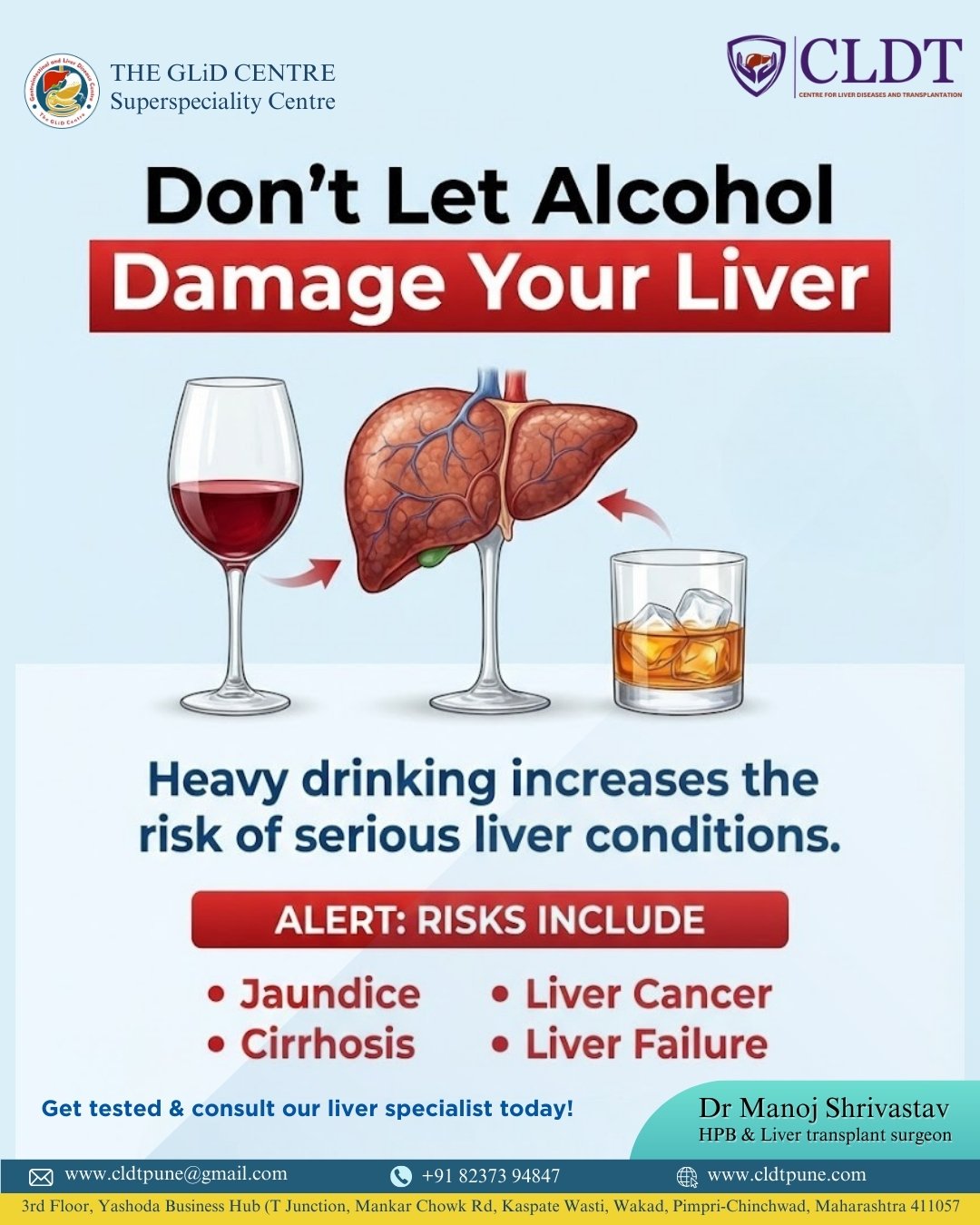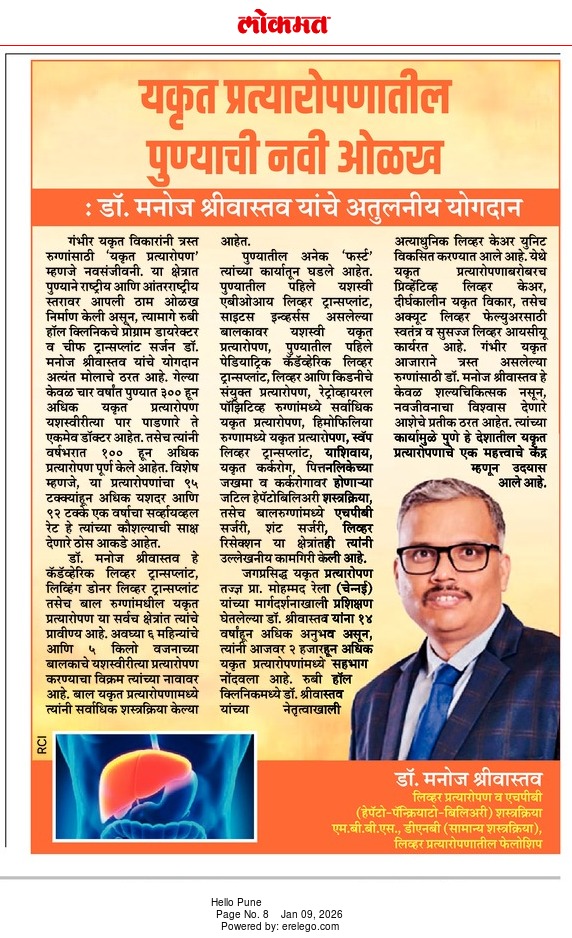Your liver is one of the most vital and hardworking...

Introduction
Pancreatic tumors present a complex challenge in the medical world due to their location, aggressive nature, and limited treatment options. Among the various approaches available, surgery stands as a cornerstone in the management of pancreatic tumors. However, it requires a delicate balance between aggressiveness and preservation of function, highlighting the importance of personalized care. In this article, we delve into the intricacies of surgery for pancreatic tumors, exploring its techniques, advancements, and challenges.
Understanding Pancreatic Tumors
Pancreatic tumors can be broadly categorized into two types: benign and malignant. While benign tumors are non-cancerous and typically pose minimal threat, malignant tumors, including pancreatic adenocarcinoma, present a significant clinical challenge. These tumors often metastasize rapidly and are associated with poor prognoses.
Surgical Approaches
Surgery for pancreatic tumors aims to achieve two primary goals: complete removal of the tumor (resection) and preservation of pancreatic function. The surgical approach depends on various factors, including tumor size, location, and involvement of adjacent structures. Common surgical procedures for pancreatic tumors include:
- Whipple Procedure (Pancreaticoduodenectomy):
- Involves removal of the head of the pancreas, duodenum, a portion of the bile duct, gallbladder, and sometimes a portion of the stomach.
- Typically used for tumors located in the head of the pancreas.
- Distal Pancreatectomy:
- Involves removal of the tail and sometimes the body of the pancreas.
- Used for tumors located in the body or tail of the pancreas.
- Total Pancreatectomy:
- Involves complete removal of the pancreas.
- Reserved for cases where the tumor involves the entire pancreas or when there are multiple tumors.
Advancements in Surgical Techniques
Recent years have witnessed significant advancements in surgical techniques for pancreatic tumors, aimed at improving outcomes and reducing complications. These advancements include:
- Minimally Invasive Surgery:
- Laparoscopic and robotic-assisted techniques have gained popularity for pancreatic tumor resection.
- Offer advantages such as smaller incisions, reduced blood loss, shorter hospital stays, and faster recovery.
- Neoadjuvant Therapy:
- Administering chemotherapy or radiation therapy before surgery (neoadjuvant therapy) has shown promise in shrinking tumors, making them more amenable to surgical resection.
- Enhanced Recovery After Surgery (ERAS) Protocols:
- ERAS protocols focus on optimizing perioperative care to accelerate recovery and reduce complications following surgery.
- Emphasize strategies such as early mobilization, optimized pain management, and early resumption of oral intake.
Challenges and Considerations
Despite the advancements in surgical techniques, surgery for pancreatic tumors remains complex and carries inherent risks. Challenges include:
- Postoperative Complications:
- Pancreatic surgery is associated with a risk of complications such as pancreatic fistula, delayed gastric emptying, and postoperative hemorrhage.
- Functional Implications:
- Surgery involving the pancreas can lead to exocrine and endocrine insufficiency, necessitating lifelong enzyme replacement therapy and insulin supplementation.
- Patient Selection:
- Patient selection is crucial to optimize outcomes, considering factors such as age, comorbidities, tumor stage, and overall fitness for surgery.
Conclusion
Surgery plays a pivotal role in the management of pancreatic tumors, offering the potential for cure or prolonged survival. With advancements in surgical techniques and perioperative care, there is a growing emphasis on personalized treatment approaches tailored to individual patient characteristics. Moving forward, interdisciplinary collaboration and ongoing research efforts will continue to refine surgical strategies, ultimately improving outcomes for patients with pancreatic tumors.
Real Patients, Real Stories
Liver Transplant and Biliary Sciences Blogs
Understanding Alcoholic Fatty Liver Disease (AFLD)
By Dr. Manoj Shrivastav — Liver Specialist, Pune The liver...
Liver Damage Due to Alcohol: Causes, Risks,
Alcohol consumption has become a common part of modern lifestyles....
Pune’s New Identity in Liver Transplantation :
यकृत प्रत्यारोपणातील पुण्याची नवी ओळख : डॉ. मनोज श्रीवास्तव यांचे...





